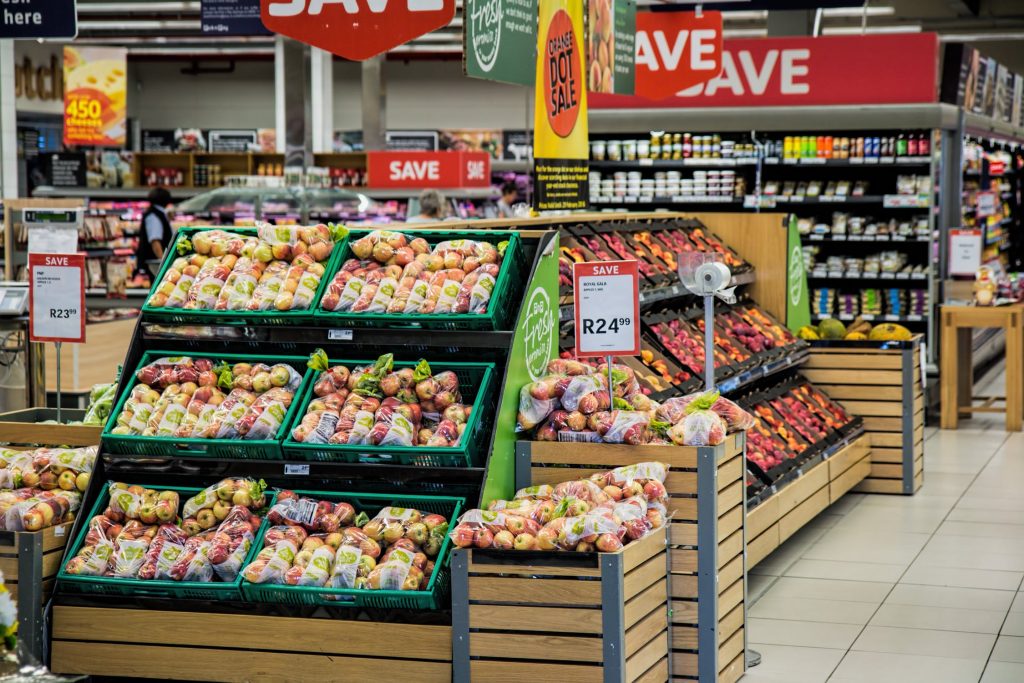
Food is changing. Market shares, prices and even the way we buy and eat our groceries are evolving. Some go for organic, others for cheap and cheerful. Some buy online, others stick to the regular Sunday shop. But as big name brands continue to profit and local butchers all around the country disappear, one small start-up is only just getting started - and they might point the way to food's eventual future.
The spirit of Wonker lives on. Forget Cadbury – modern chocolate is all about Liam Burgess. This young entrepreneur was just years out of school when founded his first culinary business, with the help of a Prince’s Trust grant. Burgess' story began almost half a decade ago out of the back of a caravan in his garden, but now NOMNOM chocolate is a Welsh staple and recognised brand. This is a twenty-four-year-old with a vision, and he’s anything but quiet about it.
In a 2017 interview, Liam gave a history of his chocolatier experience – working in restaurants after finishing education and getting involved with the local scene, inspired by other independent creators. NOMNOM itself is heavily ingrained with Welsh produce and Welsh heart as a result. These are no ordinary bars, by far; rather, their flavours and ingredients are varied as can be, with price tags up to and including £7.50.

Gourmet, handmade and speciality, the products are now making regular appearances in delis, shops and outlets all around the country, products of the zest and enthusiasm that Liam himself brings to his work. ‘Chocolate has always been in my life,’ he says. ‘It seems bizarre buying cocoa beans in Madagascar and making chocolate in Wales… Our costs are significantly higher, but it seems the right thing to do.’
Fancy an Earl Grey? How about Pink Pepper, Rhubarb or a bite of Cardamom dark? NOMNOM chocolate takes its sweet treats a step further. Liam employs many of his former schoolmates as well as local Welsh residents in the business. And it’s their new perspective that might just be what the market - which has recently undergone huge changes - needs. People care more about the quality and origins of their shopping: Fairtrade is a staple, organic is in.
Consumers seem more likely to shell out that little bit extra for peace of mind. Even takeaway is on the move. Services like Deliveroo have sprung up and are making it easier for customers to get a hold of their bao buns, their pad Thai, their sushi. All these exciting, exotic flavours that the new market is dying to get its hands on are available at the touch of a button and it's something with which small businesses like NOMNOM have to compete.

It’s not just speciality and takeout food changing, though. The way people purchase and order even their regular everyday groceries is evolving. Online shopping is huge: every business and every supermarket does its best to provide the convenience and their profits falter without it. Even NOMNOM has its own online shop too, reaching a far wider audience than the population of Wales itself could ever begin to offer.
If we’re to have any idea how to pilot smaller businesses on a global, online market in the coming years and quarters, especially when it comes to the tricky issue of food, we ought to look at those already finding success. That means looking at new businesses, new names and top-tier products who offer services both at the store and parcelled to your doorstep.



